Agora is professional reading journal for History teachers. Each issue provides perspectives on a particular theme, from curriculum-focused content to pedagogical practice, along with teaching strategies, classroom activities and educational resources addressing the broader History curriculum.
Reflection
Editorial
What History Teachers Need to Know about ChatGPT • Students are already using ChatGPT to write their History assignments. While this can help students who aren't confident writers, it also requires the development of critical thinking skills to identify fabrications in content and sources.
Evidence that the Oral Stories of First Nations Australians May Be Thousands of Years Old • Oral accounts across Australia tell the story of ocean levels rising at the end of the last glacial period, and these can be cross-checked against reconstructions of the coastline receding and land bridges disappearing.
A First Nations Perspective of Written vs Oral History • Australia has the oldest oral histories in the world, but notions that written documents are more reliable are outdated and diminish opportunities to engage students in History.
How Folklore Informs History • Ghost stories are a form of oral folklore that reveal an evolving social memory of historical ordeals that remain unreconciled in the community.
Understanding the Complexities of Oral Histories in the Classroom • Oral history’s place in narrative construction can be fraught with difficulties including bias, shifts in memory construction, and the effects of trauma.
Mutual Language Barriers in the Oral Histories of Immigrants • Conducting oral history interviews in community languages, such as Chinese, is an underutilised method of recording the diverse experiences of so many people living in Australia.
Survivor Testimony in Holocaust Education • Survivor testimonies present the Holocaust as a story of individuals rather than just numbers.
Oral Testimonies Fact-Check the Official Narrative of the British Nuclear Tests in Australia • There are important discrepancies between oral testimonies transcribed from a Royal Commission into the British nuclear tests and the documentary evidence in Australian and UK national archives.
The Importance of Gaining Trust When Conducting an Oral History • Trust gained from an oral history project can reap unexpected benefits if a historian needs to question interviewees for a future project.
Interviewing Tips from a Journalist • The principles of journalism can tease out some unexpected details that turn a promising interview into an insightful oral history record.
Creating Oral Historians in the Secondary Classroom • A Year 9 elective focusing on oral history has impressed on students the importance of capturing community stories while developing the skills required to ‘do’ history.
Oral History with Australian War Veterans on the Web • A number of online resources enable students to learn about war by hearing recordings made by those who experienced it.
Using Oral History Sources to Explore Anti-Vietnam War Experiences • Oral interviews available online from the Australian Living Peace Museum give an enduring voice to Australian women who protested against the Vietnam War.
Exploring the National Film and Sound Archive’s Oral History Collection • From our earliest recordings in the 1890s to the latest games and immersive digital productions, the national audiovisual collection captures not only our technical and artistic achievements, but also our stories.
Using Oral History to Teach the American Civil Rights Movement • Oral histories provide an informative way to hear new voices describe their experiences during the American Civil Rights Movement.
Viking Sagas as Oral Histories • Oral...
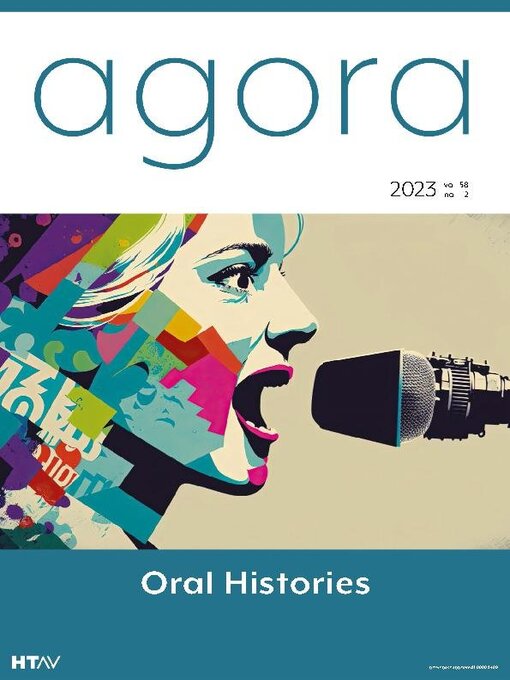
 Vol 59 No 3 2024
Vol 59 No 3 2024
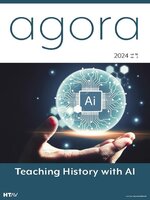 Vol 59 No 2 2024
Vol 59 No 2 2024
 Vol 59 No 1 2024
Vol 59 No 1 2024
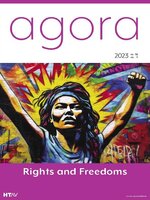 Vol. 58 no. 3 2023
Vol. 58 no. 3 2023
 Vol. 58 no. 2 2023
Vol. 58 no. 2 2023
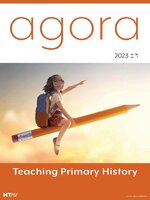 Vol. 58 no. 1 2023
Vol. 58 no. 1 2023
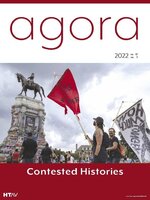 Vol. 57 no. 3 2022
Vol. 57 no. 3 2022
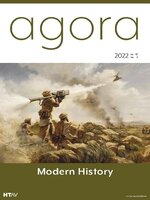 Vol. 57 no. 2 2022
Vol. 57 no. 2 2022
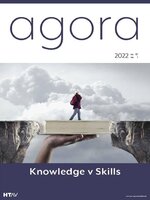 Vol. 57 no. 1 2022
Vol. 57 no. 1 2022
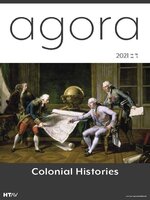 Vol. 56 no. 3 2021
Vol. 56 no. 3 2021
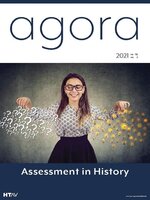 Vol. 56 no. 2 2021
Vol. 56 no. 2 2021
 Vol. 56 no. 1 2021
Vol. 56 no. 1 2021
